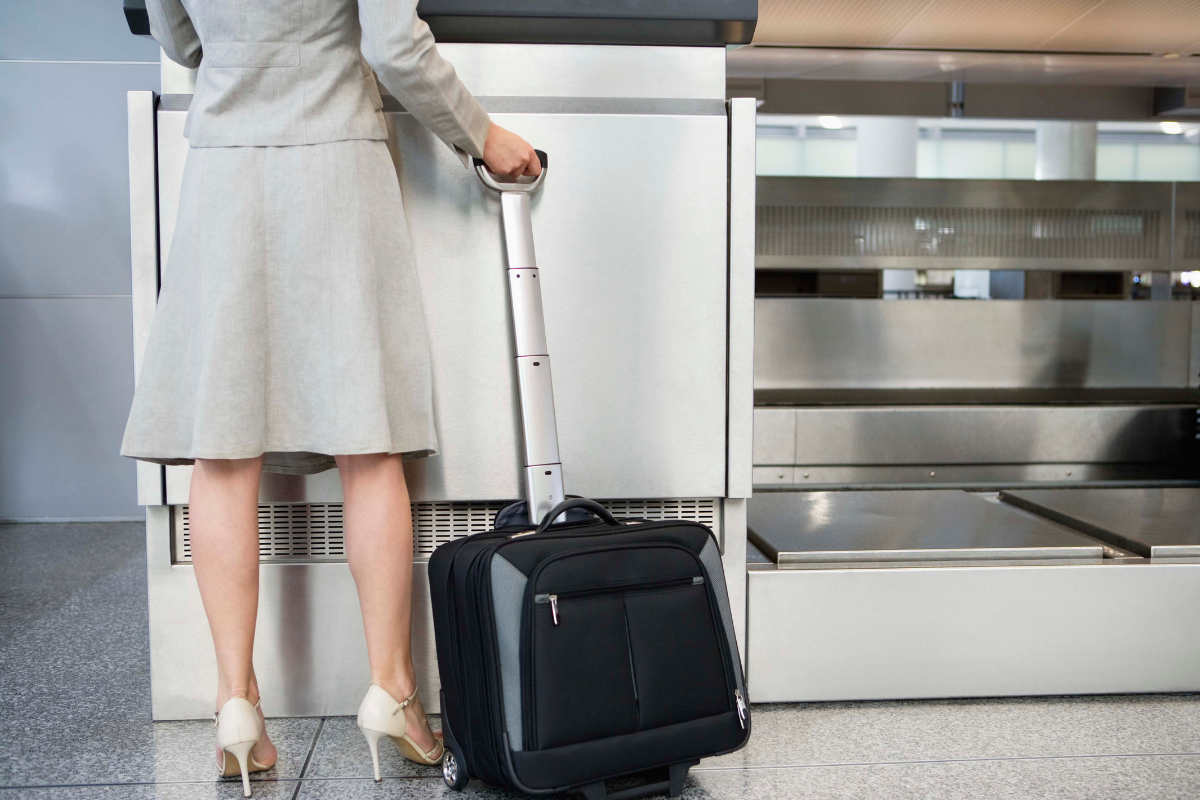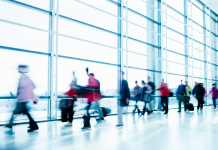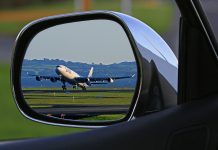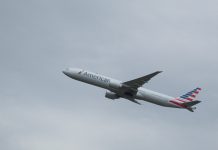
Airline bookings have begun to drop ahead of Thanksgiving in the U.S., according to airline executives on Thursday.
“Certainly with the increase in infection rates really throughout the country we’ve seen a dampening of demand,” American Airlines President Robert Isom told the audience of Skift Aviation Forum on Thursday. “It’s really too soon to tell how deep and how long there may be a depressed environment but we’ve seen some weakening of bookings.”
Isom’s insights came after the Centers for Disease Control and Prevention urged the public to avoid travel over Thanksgiving.
The U.S. posted over 170,100 new Covid-19 cases on Wednesday, the second-highest one-day spike reported to date, according to data compiled by Johns Hopkins University.
Dr. Henry Walke, the CDC’s Covid-19 incident manager, explained that the agency is worried about the spread of the virus in the country’s “transportation hubs” since social distancing might not be observed. However, he stressed that the CDC’s “strong recommendation” is not required and that some might dismiss the agency’s plea.
The increase in coronavirus cases and the recent warnings added to the challenges of U.S. carriers that have lost more than $20 billion this 2020. Federal data suggests that passenger traffic remains at about a third of last year’s levels.
United Airlines reported that airline bookings dropped and cancellations increased in the week ended Wednesday, reflecting comments last week from Southwest Airlines about weakening demand.
Airlines have implemented public relations campaigns to promote increased sanitation of aircraft and their filtration systems.
“We are providing people safety in their journey and informed science and data so they can make a decision should they want to travel,” Nicholas Calio, CEO of Airlines for America, a trade group that represents most major U.S. carriers, said during a call with the press Thursday.
“We’re not encouraging people to travel. Do we want to see them travel? Yes, we do, but only if it’s safe to them and there are a variety of factors involved in that for each individual traveler.”
Low airline bookings, industry losses
In October, U.S. carrier United Airlines reported a loss of $2.4 billion, excluding special items, which was slightly lower than the $2.6 billion loss it posted in the second quarter as the coronavirus pandemic continued to impact the aviation industry.
The losses were primarily attributed to the dramatic decline in air travel due to measures implemented to address the coronavirus pandemic. The decline in demand for air travel has affected the aviation industry as a whole.
According to the International Air Transport Association (IATA), airlines globally are expected to report a fall in revenues this year amounting to $418 billion.
IATA director general Alexandre de Juniac pointed out that financial aid packages granted by earlier this year by various governments to their respective aviation businesses were designed on the assumption that by this time, recovery would be well underway.
De Juniac added that it was not the case currently and that the industry was still suffering deep “financial trauma”. He argued: “Without a second tranche of financial aid, many airlines will not survive the winter.”
United Airlines chief executive officer Scott Kirby said: “Even though the negative impact of Covid-19 will persist in the near term, we are now focused on positioning the airline for a strong recovery that will allow United to bring our furloughed employees back to work and emerge as the global leader in aviation.”






